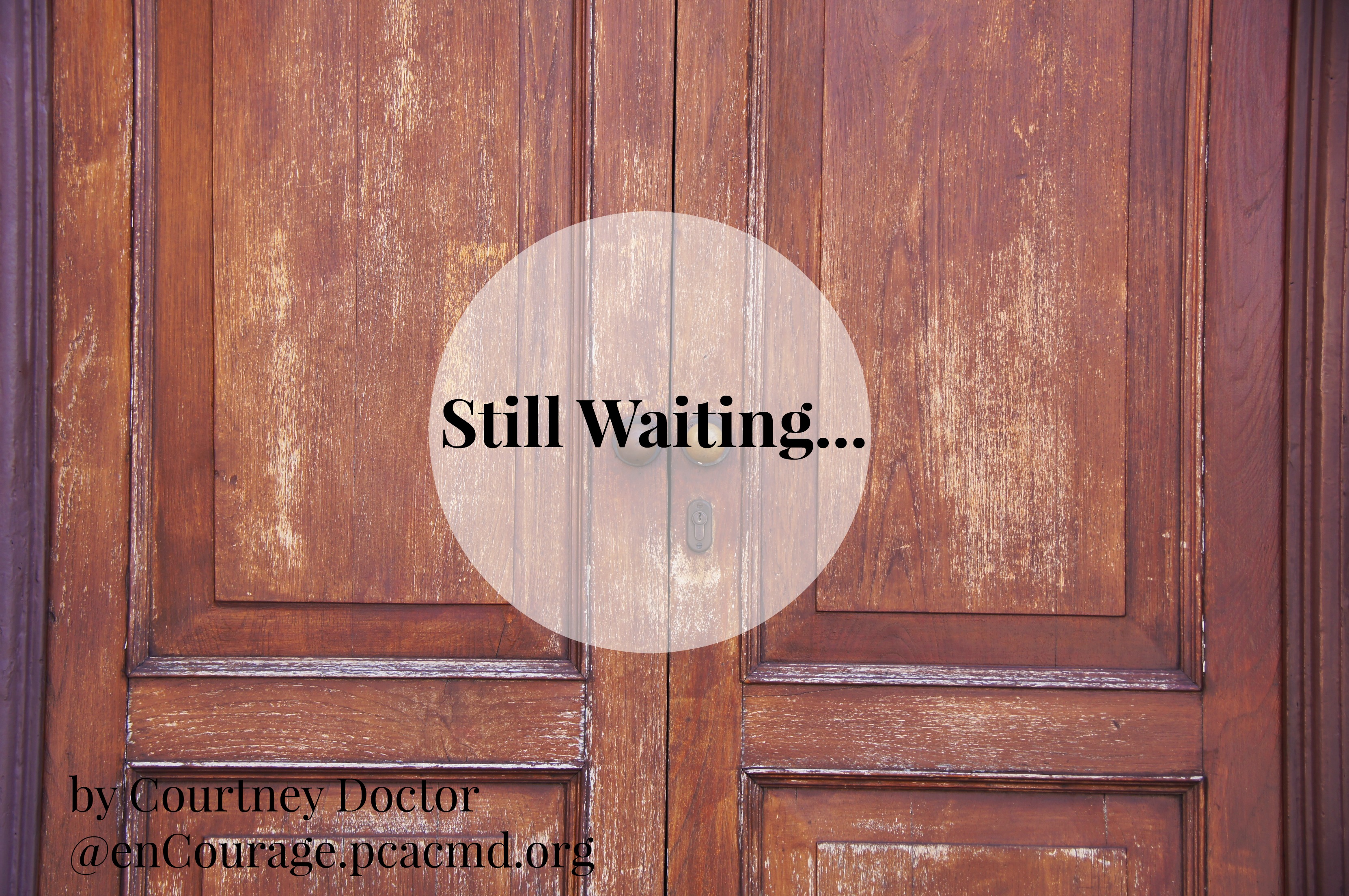What Difference Does Jesus Make in our Hardships?
On June 6, one of the elders of our church died at the age of 58. This was an unexpected and painful loss and came only 18 months after the death of another elder from our church who was 62. Both men were beloved by their families, their church, and the Covenant College community where they worked. It was one of those situations that makes you ask, why? If God healed Epaphroditus and spared Paul grief upon grief (Phil 2:27), why couldn’t he have restored these men who were helping care for his flock? Our church prayed fervently for that kind of healing, yet God chose not to heal them.In a fallen world, we are well acquainted with grief, loss, and suffering. But that prompts the question, what difference does Jesus make in the daily trials and hardships of life? If the way I live my life is no different from those who don’t follow Jesus, then I have a problem. Am I basically a secular person who goes to church to socialize—or do my theological beliefs have a direct impact on my daily life? Beyond Sunday School Answers When I ask what difference Jesus makes, the Sunday School answer is “Jesus makes ALL the difference.” And I heartily agree. But what does that mean in the mess of our daily lives? Although I believe Jesus is important, I don’t always live in a way that reflects this confession. Sometimes I wonder whether Jesus can handle my disappointments, my frustrations, my worries. As I think about the difference Jesus makes in my life, several Scriptures stand out...










